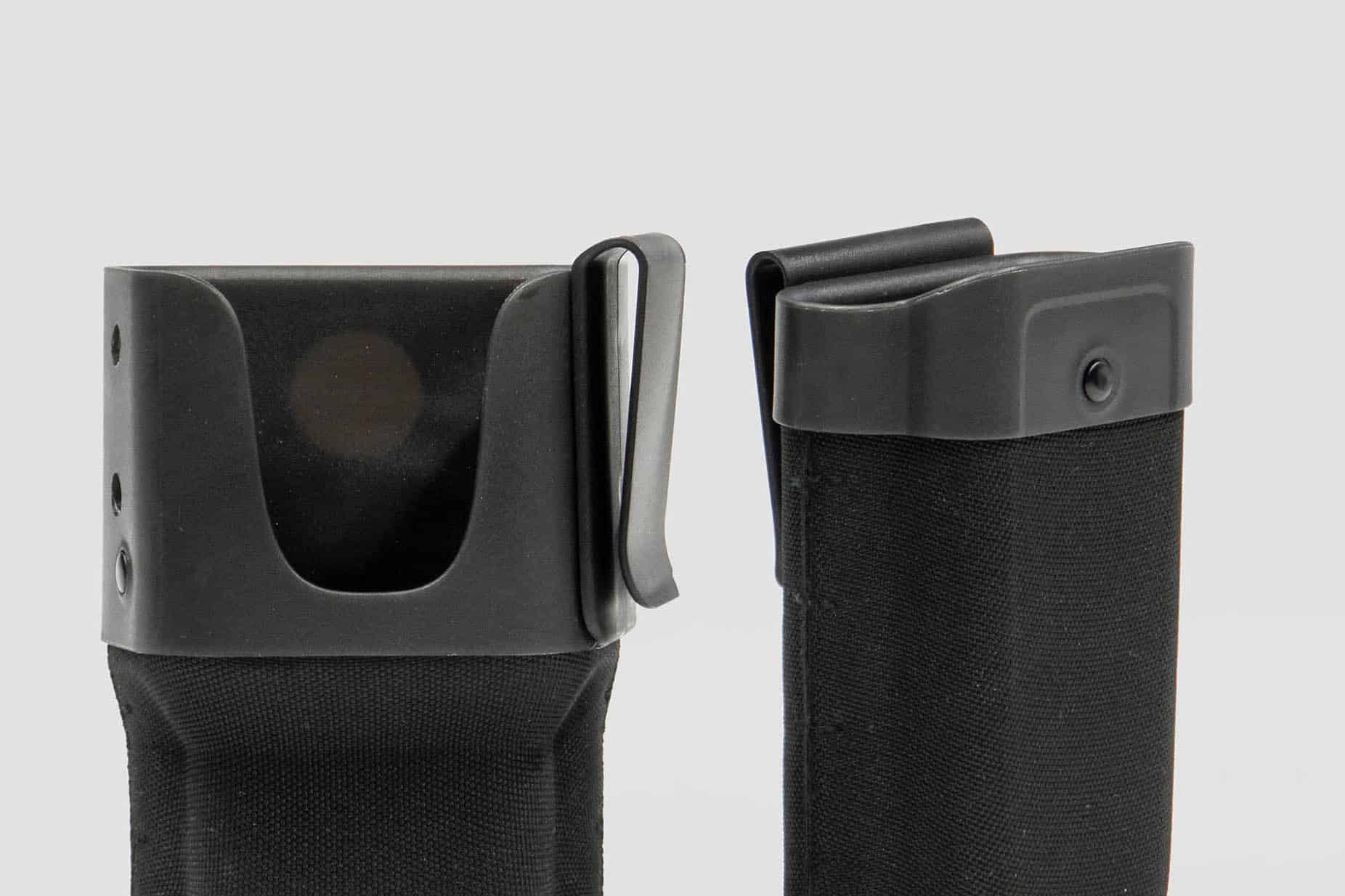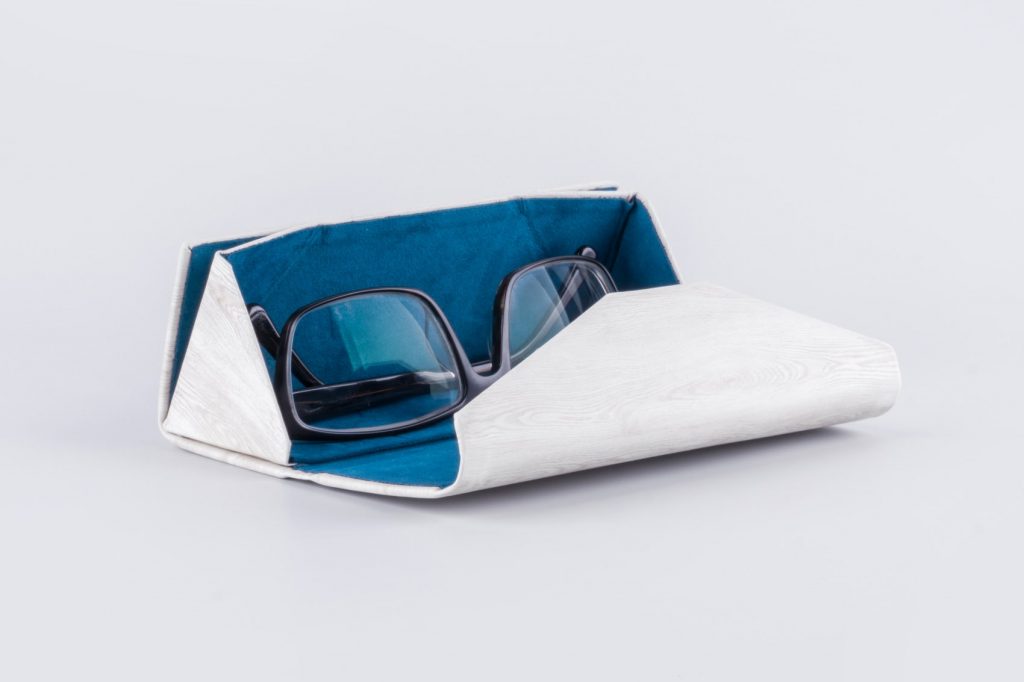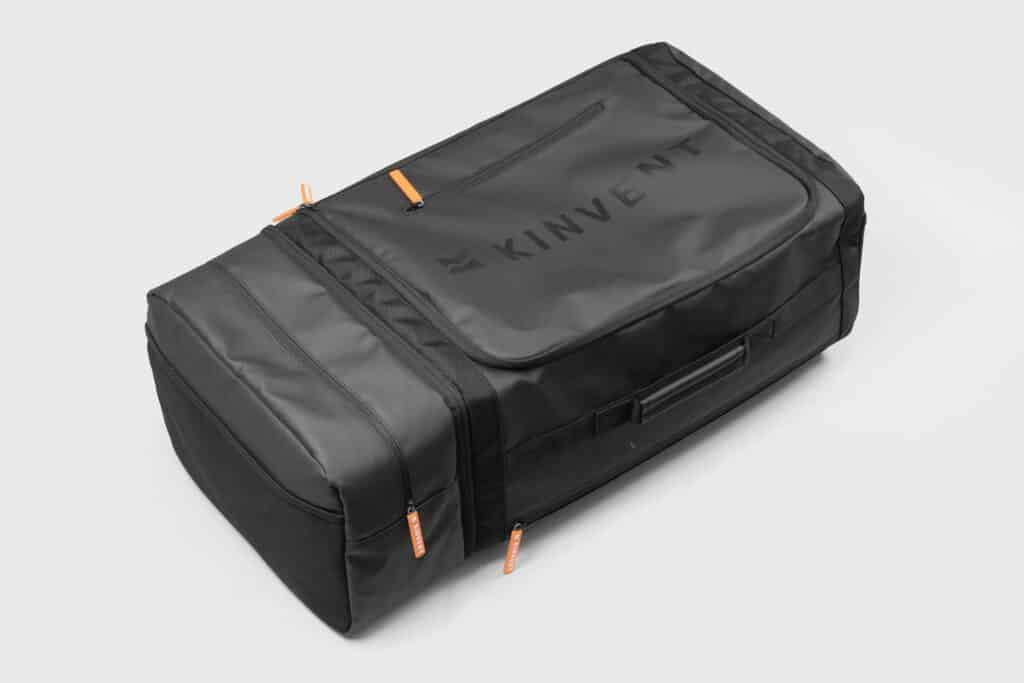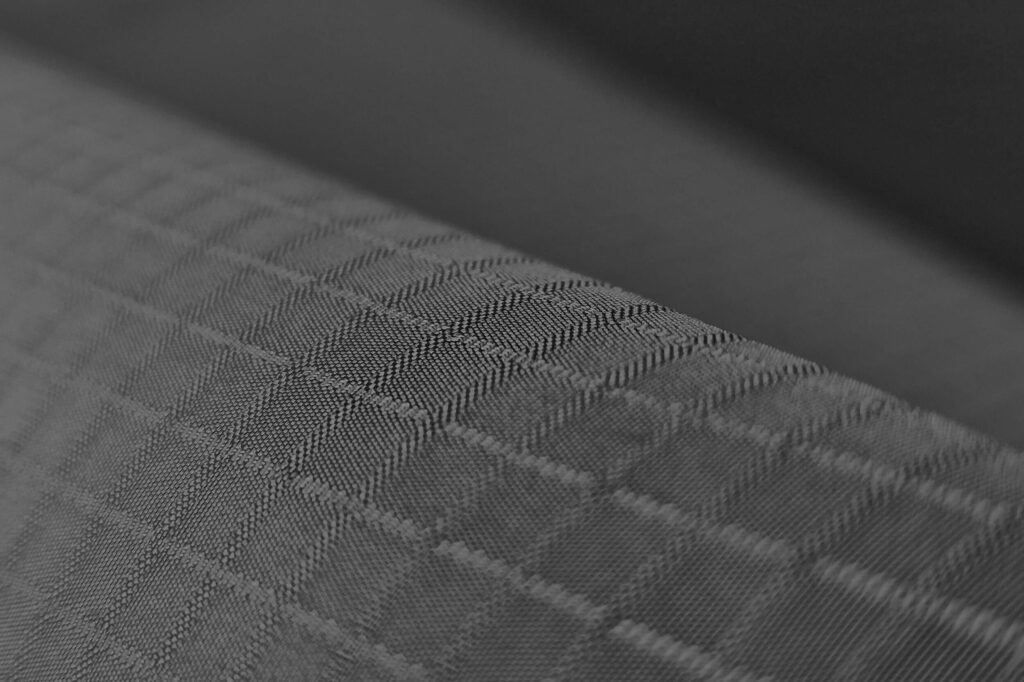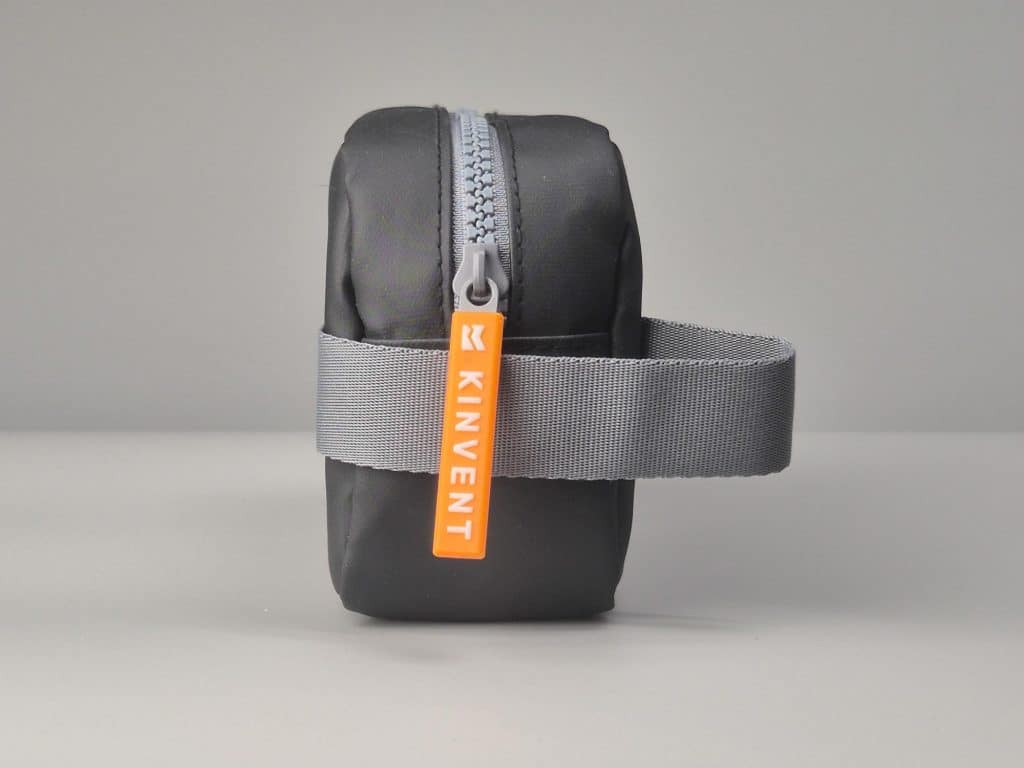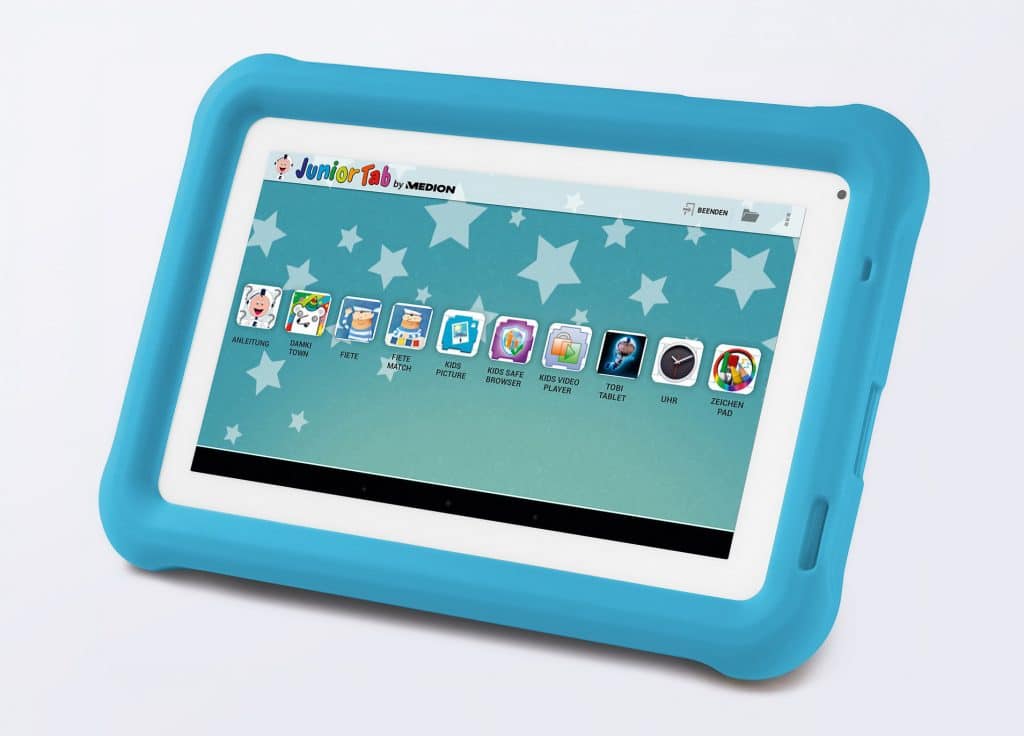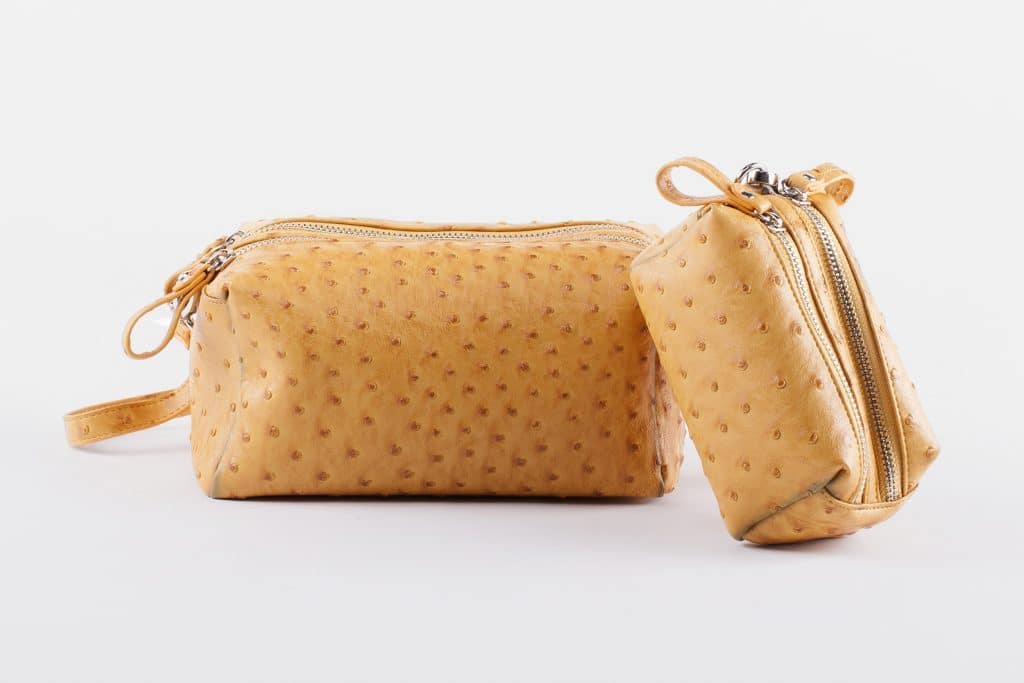In the evolving landscape of modern industry, custom manufacturing in engineering represents the pinnacle of innovation and precision. This approach delivers bespoke engineering products tailored to specific requirements, offering unmatched flexibility and performance. By integrating advanced techniques with a focus on customisation, engineers craft solutions that redefine efficiency and functionality.
Understanding Custom Manufacturing in Engineering
What Does Custom Manufacturing Entail?
Custom manufacturing in engineering involves designing and producing components, systems, or products to meet precise client specifications. Unlike mass production, this approach prioritises individuality, adaptability, and high-performance outcomes.
Key aspects include:
- Precision Design: Utilising advanced tools like CAD and 3D modelling.
- Flexibility in Materials and Methods: Adapting processes to specific industry needs.
- Innovation: Developing new methods and technologies for tailored results.
This process ensures that each product aligns perfectly with client requirements, setting it apart from generic, off-the-shelf alternatives.
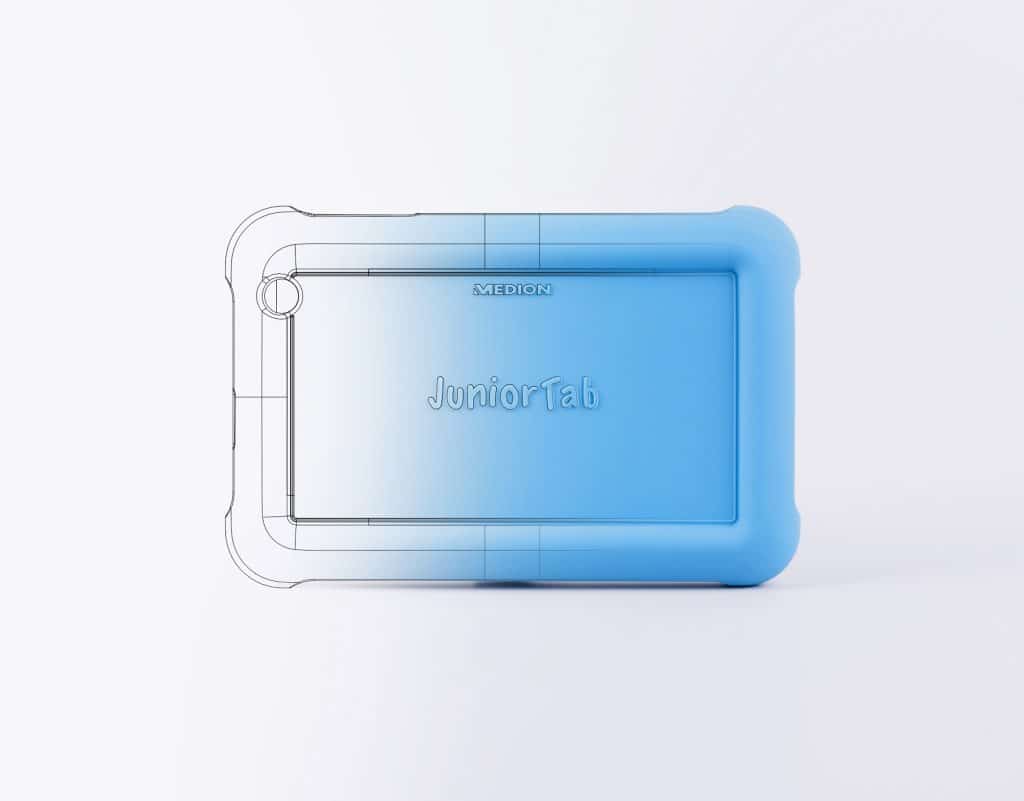
The Role of Custom Manufacturing in Engineering
1. Industry-Specific Applications
Custom manufacturing serves as a critical enabler across various industries by addressing unique challenges. Examples include:
- Medical Devices: Bespoke engineering solutions for diagnostic tools, surgical instruments, and patient-specific implants.
- Aerospace Engineering: Lightweight, durable components tailored for maximum efficiency in extreme conditions.
- Industrial Manufacturing: Custom machinery parts designed for specific operational needs, improving performance and longevity.
2. Bespoke Engineering Products
Bespoke engineering products cater to niche requirements, often exceeding the capabilities of standard designs. From prototype development to large-scale production, these products offer solutions that standardised systems cannot achieve.
3. Sustainability in Custom Engineering
Custom manufacturing enables the use of sustainable materials and optimised processes, reducing waste and energy consumption. Engineers can integrate eco-friendly practices such as recycling and using biodegradable materials, aligning with global sustainability goals.
Advantages of Custom Manufacturing in Engineering
1. Precision and Quality
Tailored engineering ensures every detail of the product meets exact specifications, enhancing performance and reliability.
2. Innovation and Flexibility
The ability to customise allows engineers to push boundaries, developing solutions that address specific challenges within industries like defence, consumer electronics, and renewable energy.
3. Improved Operational Efficiency
Customised products are designed to integrate seamlessly with existing systems, reducing downtime and optimising overall productivity.
4. Competitive Edge
Businesses leveraging tailored solutions gain a distinct advantage by offering unique, high-value products that meet market demands more effectively.
Examples of Custom Manufacturing in Engineering
1. Thermoformed Engineering Components
Thermoforming creates lightweight yet rigid parts by heating and moulding plastic sheets. These components are widely used in industries like medical and industrial manufacturing due to their durability and cost-effectiveness.
- Applications: Custom packaging for medical tools, protective casings for industrial machines.
2. Prototyping and Tooling
Custom manufacturing often involves rapid prototyping, enabling engineers to create test models quickly. This process helps refine designs and ensures products meet functional and aesthetic goals before full-scale production.
3. Custom Machinery Design
Many industries require specialised equipment to improve production efficiency or adapt to unique processes. Custom machinery allows for:
- Enhanced performance metrics.
- Longer operational lifespans due to tailored designs.
- Easier maintenance based on accessible components.
Processes in Custom Manufacturing for Engineering
1. Design and Conceptualisation
At the heart of custom manufacturing lies a deep understanding of client needs. Engineers collaborate with clients to develop detailed specifications, often using CAD software to visualise designs.
2. Material Selection
Selecting the right material is crucial in ensuring durability, performance, and sustainability. Common materials include:
- Metals: For strength and thermal resistance.
- Polymers: For lightweight and corrosion-resistant properties.
- Composites: For applications requiring a balance between strength and weight.
3. Advanced Manufacturing Techniques
Custom manufacturing often employs advanced techniques such as:
- Additive Manufacturing (3D Printing): For creating complex geometries with minimal waste.
- CNC Machining: For high-precision cutting and shaping.
- Laser Cutting and Engraving: To achieve intricate details in metals and other materials.
4. Quality Control
Custom engineering solutions undergo rigorous quality checks to ensure they meet exact standards. Processes like in-line inspections, stress testing, and compliance certifications (e.g., ISO standards) are integral to maintaining excellence.
The Future of Custom Manufacturing in Engineering
1. Digital Integration
Advancements like AI-driven design tools and IoT-enabled manufacturing systems are revolutionising how custom products are conceptualised and created. These technologies enable:
- Real-time adjustments to designs.
- Predictive maintenance for custom machinery.
- Enhanced efficiency and reduced costs.
2. Sustainable Practices
As industries prioritise sustainability, custom manufacturing will focus on reducing environmental impact through recycled materials, energy-efficient processes, and designs that promote longevity.
3. Expanded Applications
Custom engineering is expanding into new areas, such as:
- Renewable Energy: Custom wind turbine components and solar panel mounts.
- Automotive: Bespoke EV battery housings and aerodynamic vehicle parts.
- Healthcare: Patient-specific implants and rehabilitation devices.
The field of custom manufacturing in engineering is a testament to the power of precision and innovation. By focusing on bespoke solutions, engineers continue to push the boundaries of what’s possible, addressing unique challenges with tailored designs that prioritise performance, sustainability, and client satisfaction.

